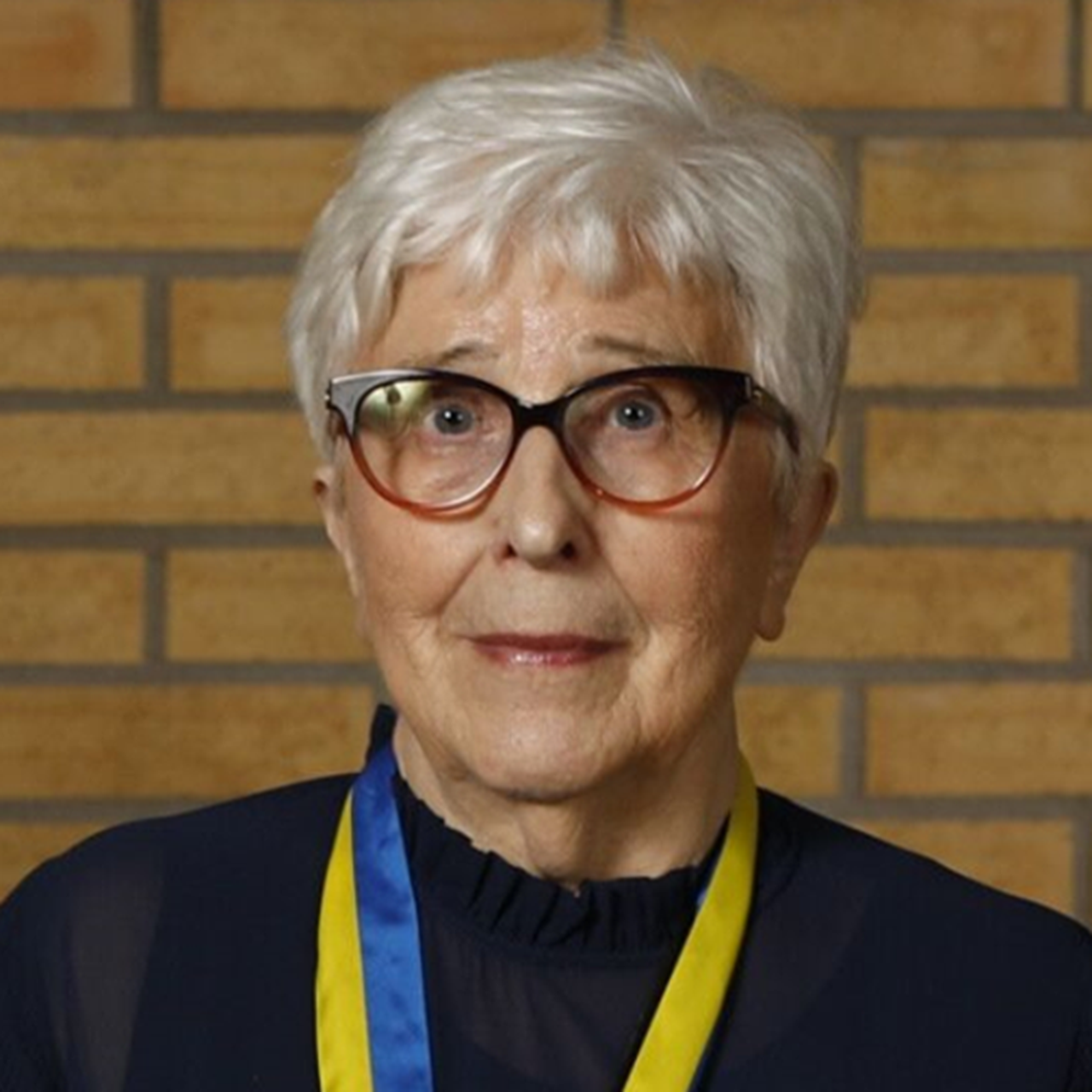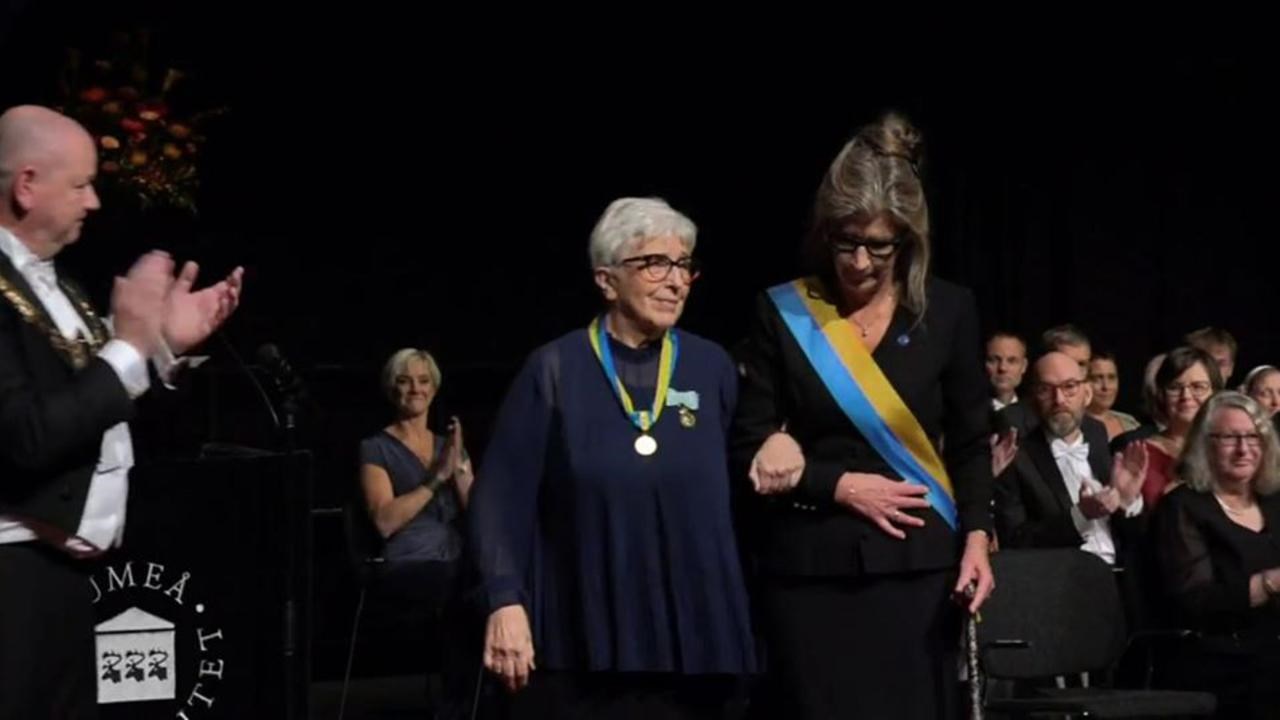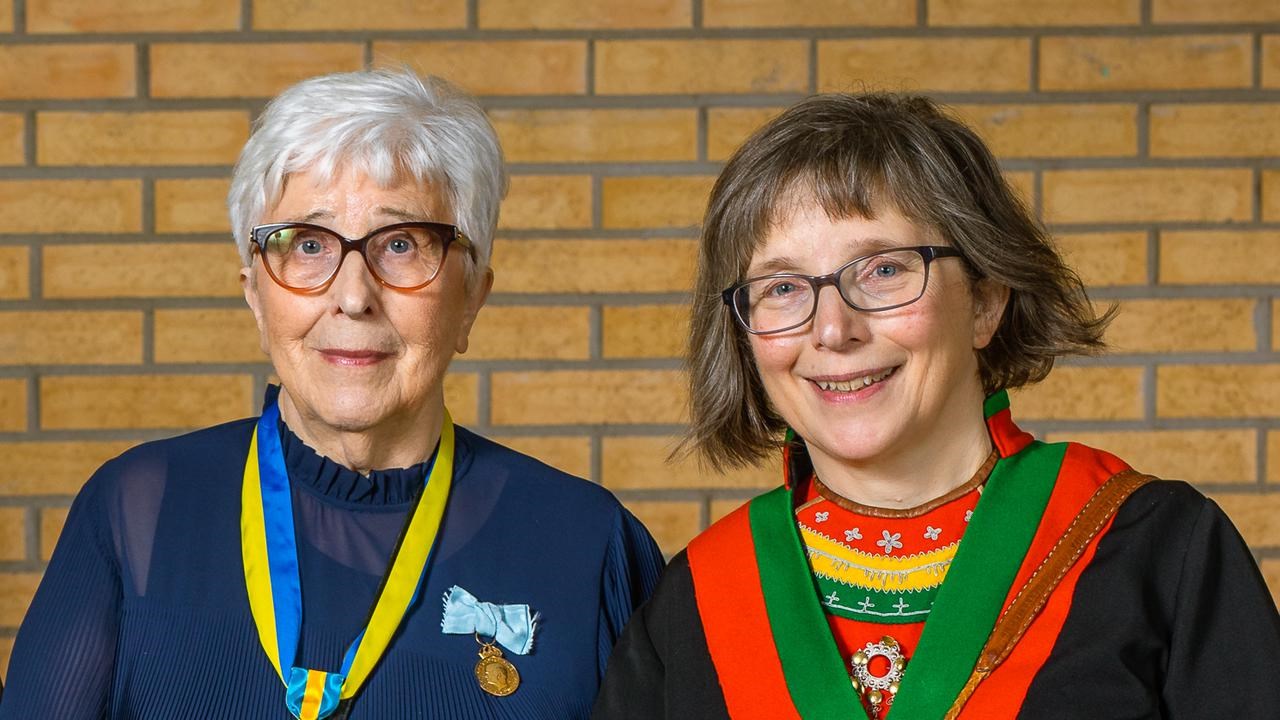Umeå University turns 60
Umeå University was established in 1965. This portrait is one of several that tells the story of what the University has meant to individuals, society, and our world during its first 60 years. See the collection page dedicated to the anniversary.





